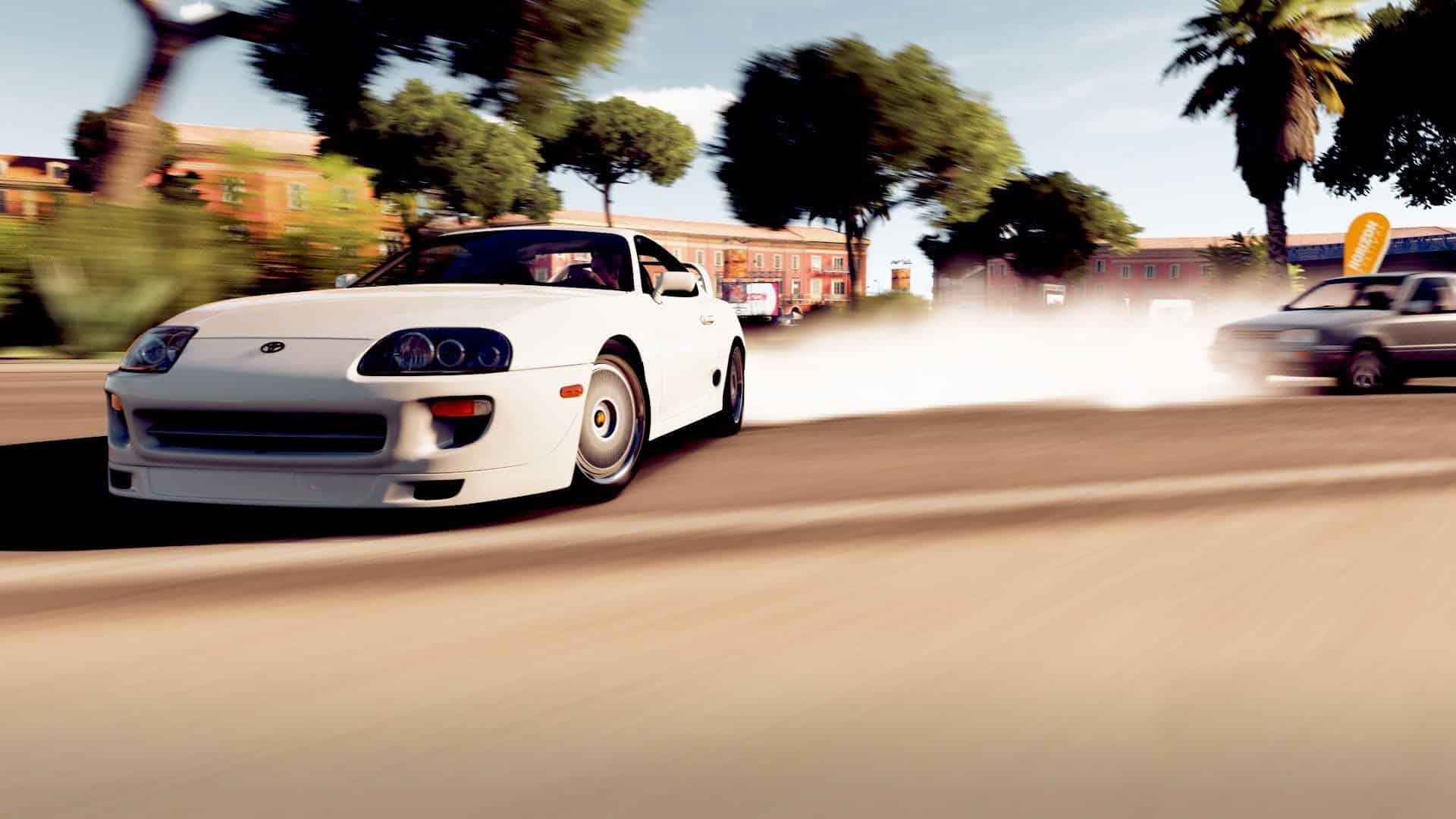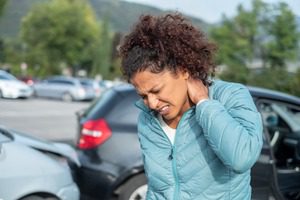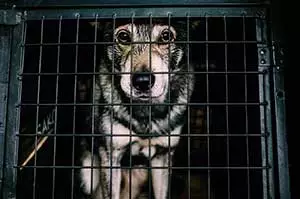Hit-And-Run Car Accidents- Things You Need To Know
A hit-and-run accident is a distressful event where a reckless car driver involved in a crash abruptly leaves the scene without exchanging information or providing assistance to the victim. This irresponsible act is a violation of the law and can have dire significant consequences. Furthermore, hit-and-run car accident victims are left without essential details, which makes it even more difficult for them to file claims and obtain compensation for property damages, medical bills, and other incurred losses. Therefore, it is essential to have a solid understanding of hit-and-run accidents so you can proceed forward confidently.
Here are some crucial things you must know about hit-and-run accidents in Colorado:
A Hit-and-Run Car Accident is a Serious Offense in Colorado With Criminal Consequences
The legal ramifications of a hit-and-run car accident are particularly severe, especially when it involves injured victims. As per Colorado law, fleeing from the accident scene can result in one of the four criminal charges, each contingent on the outcome. These are:
- If the car accident causes property damage, the departing driver may face a class two misdemeanor offense, carrying a penalty of ten to ninety days in jail or fines ranging from \$150 to nearly \$300.
- In cases involving minor bodily injuries, the charges escalate to a class one traffic misdemeanor. It carries potential sentences of ten days to one year in jail and fines ranging between $300 and $1,000.
- Hit-and-run car incidents that cause severe bodily injuries are classified as class 4 (four) felonies. These are punishable by imprisonment for two to six years. Plus, the driver may be fined $2,000 to nearly $500,000.
- In the tragic event that a hit-and-run leads to the death of the victim, the driver may face a class 3 (three) felony, carrying a potential sentence of four to twelve years in prison plus fines ranging between $3,000 and $750,000.
Hit-and-Run Victims Have the Right to Claim Compensation for Economic and Non-Economic Damages in Colorado
Colorado is an ‘at-fault’ state. This means that victims have the right to claim compensation from the negligent party responsible for their injuries. The compensation to which you might have a claim can encompass both non-economic and economic damages. This includes reimbursement for medical expenses arising from your car accident injuries, as well as compensation for subsequent lost wages, pain & suffering, and other financial losses. In some situations, punitive damages may be a possibility. This is particularly true if the individual responsible for the injury behaved willfully and recklessly.
The framework established by Colorado law helps recoup losses after a hit-and-run accident via the at-fault driver’s insurance up to the limits of their liability coverage.
Prompt Reporting and Legal Representation Are Crucial for Case Outcome
Engaging an attorney after a hit-and-run incident is not obligatory but significantly increases the chance of a successful recovery. Attorneys aid in evidence collection, identify the at-fault driver, and ensure accountability. They streamline insurance claims and help construct personal injury claims if coverage falls short, leveraging their legal expertise.
Furthermore, the process of locating a hit-and-run driver can be expedited through prompt reporting and providing a basic description to the police. Valuable tools such as footage from the traffic cameras, along with eye-witness statements, aid in accurately identifying the party that caused the accident and ran away.
Wrapping Up
Connecting with a reliable and seasoned Colorado hit-and-run lawyer improves the chances of accountability while securing you the compensation you are entitled to for the losses after a distressing hit-and-run car accident. For assistance, call us at (719) 419-8510 today for a complimentary case review.








